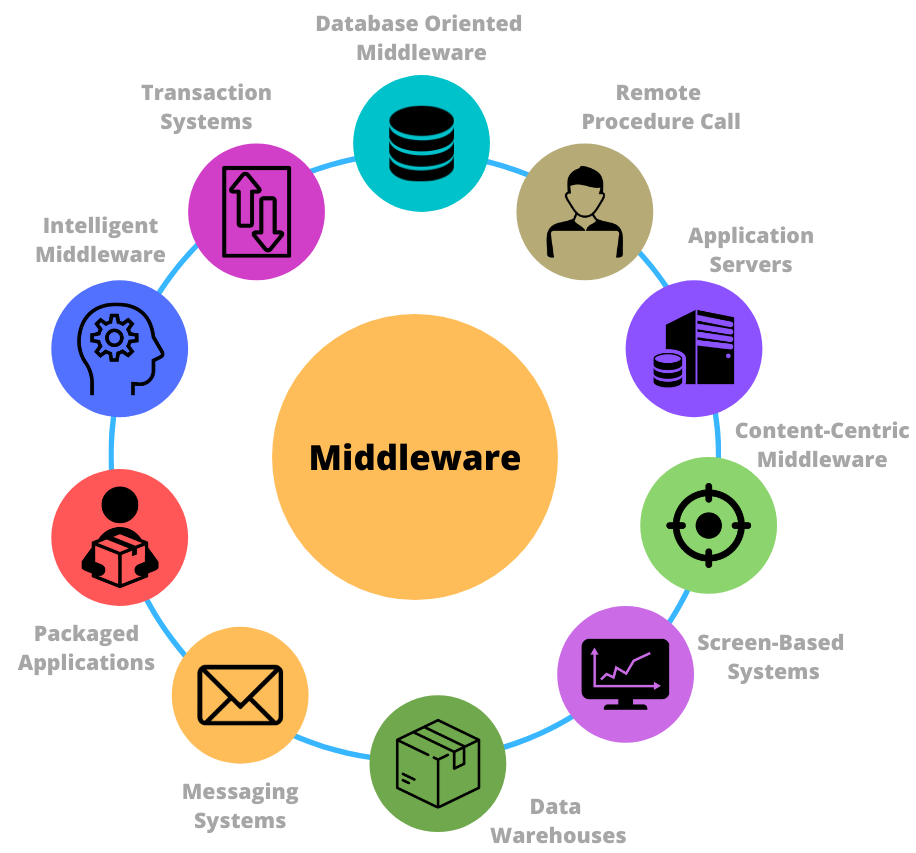This article will help you understand the current trends, advantages, and disadvantages of working in the gaming industry, and provide recommendations for those starting their career in this field.
The gaming industry continues to develop rapidly, becoming an important part of the global economy. In 2024, the interest in game development remains high, attracting new professionals and offering numerous career opportunities. Each year, the number of players increases, and the popularity of new game genres and technologies grows, in turn creating high demand for professionals in game development. But is it worth getting into game dev in 2024?
Current Trends in the Gaming Industry
The gaming industry in 2024 is showing impressive growth and development. Let’s consider the key trends that define its development:
- New Technologies and Platforms: One of the most significant trends is the integration of new technologies and the emergence of new platforms. Games are becoming more technologically advanced, and the use of artificial intelligence and machine learning allows for the creation of more realistic and exciting virtual worlds. Cloud technologies and game streaming are becoming increasingly popular, providing players with access to high-quality games without the need for powerful hardware.
- Popular Game Genres: In 2024, interest continues to grow in certain game genres. Notably:
- Battle Royale: Games like Fortnite and PUBG remain popular due to their dynamic gameplay and regular updates.
- Mobile Games: With the increase in smartphone performance and internet accessibility, mobile games are attracting more players worldwide.
- Indie Games: Independent developers continue to surprise with original ideas and innovative approaches, often achieving significant success.
- Development of VR and AR: Virtual and augmented reality are becoming more accessible and popular. VR games offer players a new level of immersion, allowing them to fully dive into the gameplay. AR games, such as Pokémon GO, continue to attract attention with their unique ability to merge the virtual world with the real environment.
These trends highlight that the gaming industry in 2024 is at the peak of its development, offering numerous opportunities for those who want to pursue a career in game development. However, before making a final decision, it is also important to consider the advantages and disadvantages of working in this field, which we will explore in the following sections.
Advantages of Working in Game Development
Working in the gaming industry has many attractive aspects that can be a strong argument in favor of choosing this career. Let’s look at the main advantages that await professionals in game development:
- Opportunities for Creative Expression: The gaming industry provides a unique opportunity for creative individuals to realize their ideas and bring them to life. Creating a game is a complex and multifaceted process that involves artists, designers, writers, and musicians. Each game is a work of art, where each specialist can contribute their part, realizing their creative abilities and ideas.
- High Earnings: Game development offers competitive salaries, especially for experienced professionals. Given the growing demand for quality games, companies are willing to pay well for talent. Additionally, the opportunity to work on successful projects can lead to significant bonuses and profit-sharing.
- Flexibility and Diversity of Roles: The gaming industry offers many different roles, from programmers and artists to project managers and marketers. This allows everyone to find their niche that matches their personal interests and skills. Additionally, many companies offer flexible working conditions, including remote work and flexible schedules, making this profession attractive to many.
Challenges and Features
Despite the many advantages, working in game development also involves certain difficulties and challenges. Let’s consider the main ones:
- High Competition: The gaming industry attracts many talented specialists from around the world, creating high competition in the job market. To succeed and get a job in a prestigious company, it is necessary to constantly improve your skills and keep up with new trends.
- Market Instability and Projects with Short Lifespans: The gaming industry is subject to rapid changes in trends and player preferences. Some projects may be successful, while others may fail, leading to the closure of studios and layoffs. Moreover, most game projects have a limited lifecycle, after which the team may need to look for new work.
- Stress and Overloads at Work: Game development is often associated with tight deadlines and high expectations. During periods of preparation for a release or important events, such as exhibitions and presentations, employees may need to work overtime. This can lead to stress, burnout, and deterioration of health.
Despite these challenges, many professionals find working in game development incredibly interesting and satisfying. Understanding all aspects of this profession will help you make an informed decision about whether to go into game development in 2024.

Skills and Qualifications
To have a successful career in the gaming industry, you need to possess certain skills and qualifications. Let’s consider the main competencies that are in demand in game development:
- Required Technical Skills: For game developers, key skills include programming and knowledge of specific technologies.
- Programming: Important programming languages include C++, C#, Python, and JavaScript. Knowledge of these languages allows you to create both game engines and their logical components.
- Working with Game Engines: Experience with popular engines, such as Unity and Unreal Engine, is mandatory. These tools allow you to develop games for various platforms, from PCs to mobile devices.
- Graphics and Animation: For artists and animators, skills in working with graphic editors (Photoshop, Illustrator) and 3D packages (Maya, Blender) are important. Knowledge of animation principles and rigging is also useful.
- Importance of Soft Skills: In addition to technical skills, soft skills play an important role.
- Teamwork: Creating games requires the coordination of efforts of many specialists. The ability to work effectively in a team and find common ground with colleagues is critically important.
- Creative Thinking: Game development is a constant search for new ideas and solutions. The ability to think creatively and offer original concepts is highly valued.
- Problem Solving: Various problems and bugs inevitably arise during game development. The ability to quickly find and fix them is an important skill for all team members.
Education and Courses for Beginners
To start a career in game development, it is useful to have relevant education.
- University Programs: Many universities offer game development programs where you can gain basic knowledge and skills.
- Online Courses and Certificates: There are many online courses that offer training on various aspects of game development. These courses can help you quickly master the necessary skills and obtain certificates confirming your qualifications.

Career Prospects
Career prospects in game development are diverse and offer many opportunities for growth and development. Let’s consider the main directions and opportunities that open up for professionals in the gaming industry:
- Opportunities for Growth and Development: Game development provides many paths for career growth.
- Vertical Growth: Specialists can advance up the career ladder, starting from junior positions and reaching the level of lead developers or project managers.
- Horizontal Growth: The possibility of moving between different roles and specializations allows you to develop in new directions and expand your horizons.
- Various Roles and Their Specifics: The gaming industry offers many different roles, each with its own specifics.
- Developers: Programmers and engineers responsible for creating code and technical implementation of games.
- Designers: Specialists who develop the concept and gameplay of the game, creating exciting and interesting game mechanics.
- Artists and Animators: Creators of the visual style of the game, including graphics, characters, and animation.
- Testers: Specialists who search for and eliminate bugs, ensuring the quality of the final product.
- Producers and Project Managers: Leaders who coordinate the work of the team, keeping track of deadlines and budgets.
Importance of Networking and Portfolio
For a successful career in game development, it is important not only to have the necessary skills but also to actively interact with the professional community.
- Networking: Participating in conferences, forums, and professional communities helps establish useful contacts, exchange experiences, and find new opportunities for collaboration.
- Portfolio: Having a high-quality portfolio that demonstrates your best work and achievements plays an important role in job searching. Employers often assess candidates based on their portfolios, so it is important to regularly update and improve it.
These aspects emphasize that game development offers many opportunities for professional growth and development, making this field attractive to many specialists.
Tips for Beginners
Starting a career in the gaming industry can be challenging, but by following certain recommendations, you can significantly simplify this path. Let’s consider the main tips for those who want to enter game development:
- How to Start a Career in Game Development:
- Get the Necessary Education: Start by learning the basics of programming, design, or animation. University programs and online courses can provide the basic knowledge and skills needed for work in game development.
- Create Your Own Projects: Practical experience is very important. Try to create your own game or participate in the development of small projects. This will help you gain experience and create a portfolio.
- Learn from Others: Study the work of other developers, analyze successful games, and try to understand what makes them good. Participate in communities and forums where you can exchange experiences and get advice from more experienced specialists.
- Where to Look for Jobs and Internships:
- Online Platforms: Websites such as LinkedIn and Glassdoor offer many job opportunities in the gaming industry. Keep an eye on new announcements and send your resumes and portfolios.
- Conferences and Events: Participating in game development conferences and exhibitions, such as the GDC (Game Developers Conference), can help you establish useful contacts and learn about new opportunities.
- Internships: Many large gaming companies offer internships for beginners. This is a great way to gain experience and start a career in game development.
Important Resources and Communities
- Online Courses and Educational Platforms: Courses on various aspects of game development.
- Forums and Communities: Websites such as Reddit (r/gamedev) and specialized developer forums can be great places for exchanging experiences and getting advice.
- Books and Articles: Studying literature on game development can help deepen your knowledge and better understand the industry.
By following these tips, you can take the first steps in the gaming industry and start a successful career in game development.

Conclusion
Let’s summarize and provide recommendations for choosing a career in the gaming industry.
- Final Analysis of the Pros and Cons of a Career in Game Development:
- Advantages:
- Opportunity for Creative Expression and Realization of Your Ideas.
- High Earning Potential, especially for experienced professionals.
- Flexibility and Diversity of Roles, allowing everyone to find their niche.
- Challenges:
- High Competition in the Job Market.
- Market Instability and Projects with Short Lifespans.
- Stress and Overloads at Work, especially during periods leading up to releases.
- Advantages:
Understanding these aspects will help you make an informed decision about starting a career in game development.
- Recommendations for Choosing a Career Based on Personal Goals and Interests:
- If creative expression is important to you, consider roles such as artist or designer.
- For those who enjoy solving technical challenges and programming, developer positions may be suitable.
- If you like coordinating team work and managing projects, look into roles as a producer or project manager.
Start by learning the basics, create your own projects, learn from others, and actively interact with the professional community. This will not only help you acquire the necessary skills but also find your niche in the gaming industry.
This article was sponsored by Olga Alabarce




